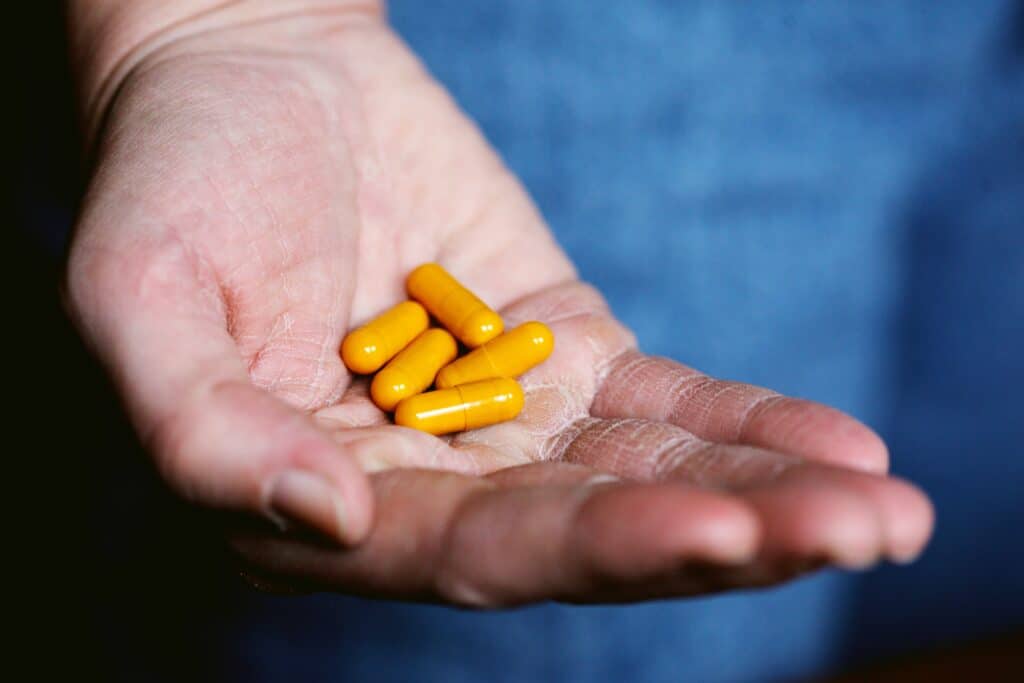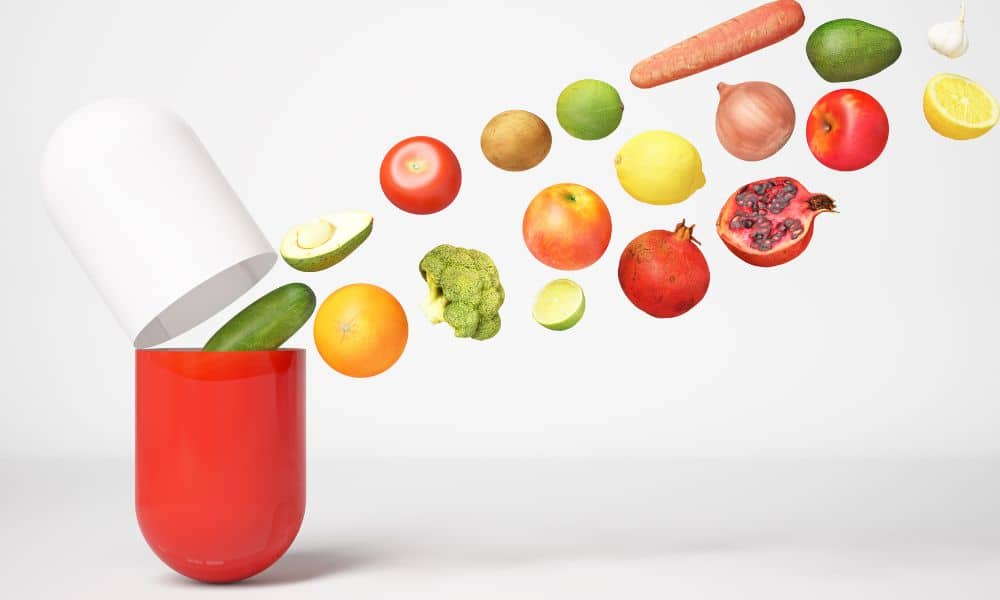Are you curious about the seven natural supplements every woman should know about? Eating a balanced, varied diet is the best approach to receiving the nutrients you need to flourish. Consuming a mix of fruits and vegetables, whole grains, healthy fats, and protein-rich foods like beans, tofu, fish, and fowl is necessary to achieve this. Some are searching for the right cannabis strain to acquire additional healing benefits.
Supplements, however, can fill in any nutrient gaps if you cannot eat particular foods, adhere to a strict diet, have a documented nutrient deficiency, have elevated vitamin needs, or have underlying medical problems that impair nutrient absorption. Different bodies require different nutrients; some are particularly critical for female bodies.
Here are seven natural supplements every woman should know about.
Multivitamin
Every woman should take a multivitamin. Although a balanced diet is essential for good health, our everyday stresses cause our bodies to have additional metabolic demands that nutrition may not always supply. Along with typical blood pressure, acid-reducing, and diabetic prescription medicines, which can also deplete the body of vital vitamins and minerals, chronic disease impacts our nutritional needs.
A high-quality multivitamin gives the body additional security that it is receiving what it needs. The body will keep what it needs and excrete the excess if there are extra nutrients. A multivitamin with iron may be considered by women still on their period. Menstrually inactive women frequently use a multivitamin without iron.
Vitamin D
Numerous research conducted over the past ten years suggests that increasing vitamin D intake positively affects health. According to this research, people with greater blood levels of vitamin D are less likely to experience heart attacks, breast cancer, colon cancer, ovarian cancer, multiple sclerosis, and other health issues.
Few people spend the recommended 15 to 20 minutes daily in the sun, exposing their face, arms, and legs to the rays, resulting in vitamin D insufficiency. Around the world, 90 percent of people are deficient. To produce enough vitamin D, those with higher melanin responsible for skin pigmentation must spend up to 30 minutes outside each day. Due to decreased skin flexibility in people over 65, they must spend more time outside to produce this.
Iron
Anywhere from 30 ml (one ounce) and 500 ml (about one pint) of blood, which includes iron, can be lost owing to bleeding during a woman’s menstrual cycle. Unless a woman has hemochromatosis or a similar condition where excessive iron is absorbed, a doctor will typically advise iron supplementation.
Iron deficiency is a frequent contributor to anemia or low blood hemoglobin. Red blood cells, which carry oxygen throughout the body, cannot be produced by a person who does not have enough iron stored in her body. A person with anemia may have shortness of breath, persistent fatigue, appearance of whiteness, brittle nails, and even restless legs syndrome.
Vitamin C
Ascorbic acid, also known as vitamin C, is a necessary vitamin with antioxidant effects. Collagen, the primary substance of arteries and skin, is primarily formed thanks to this vitamin. According to studies, a diet rich in foods containing vitamin C is beneficial for the heart, and it can also improve iron absorption in the small intestine for patients who take an iron supplement for anemia. Vitamin C applied topically has also been demonstrated to aid with facial wrinkles.
Magnesium
Magnesium is a crucial mineral and “cofactor” in approximately 350 chemical processes within the human body. Consuming enough meals high in magnesium, such as green leafy vegetables, is essential. Often, a supplement is necessary because diet alone is insufficient.
A magnesium deficit is more likely to occur if you take certain drugs. Acid reducers (such as omeprazole, pantoprazole, and ranitidine) and diuretic water tablets (such as furosemide, triamterene, and hydrochlorothiazide) are among these drugs.
Calcium
Many women regularly consume calcium to maintain strong bones. It is one of many natural methods for treating osteoporosis. The more proactive one is in ensuring adequate nutrition and staying active, the healthier one’s bones will be. Also, one can make various dietary and lifestyle modifications to help preserve bone health. Calcium is abundant in a diet full of fruits and vegetables. Both broccoli and collard greens are rich sources of the element. In the past, specialists advised taking up to 1,200 milligrams of calcium daily. However, some studies have indicated that such large doses may raise the risk of kidney stones and heart attacks.
Collagen
Collagen, the protein typically found in the human body in the highest concentration, makes up the majority of muscles, bones, skin, and tendons. We find 30-35 percent of the protein in the human body in collagen. Connective tissue, commonly known as collagen protein, stabilizes our skin and keeps joints flexible and mobile. The protein also gives our skin flexibility, and studies have shown that taking collagen supplements has numerous advantages, such as nail and hair growth, improved bone and heart health, etc.
Final Thoughts on 7 Natural Supplements Every Woman Should Know About
Regular exercise and a balanced diet high in fruits and vegetables are essential for maintaining general health and preventing disease. Some illnesses are specific to women, and some supplements may help treat or prevent them. Before making any changes to your regimen, check with your doctor if you are on prescription medications or if your medical professional treats you for a particular health problem.
If you or someone you know is looking to improve your health, share this article on Facebook or Twitter so that others can learn more about self-care.




